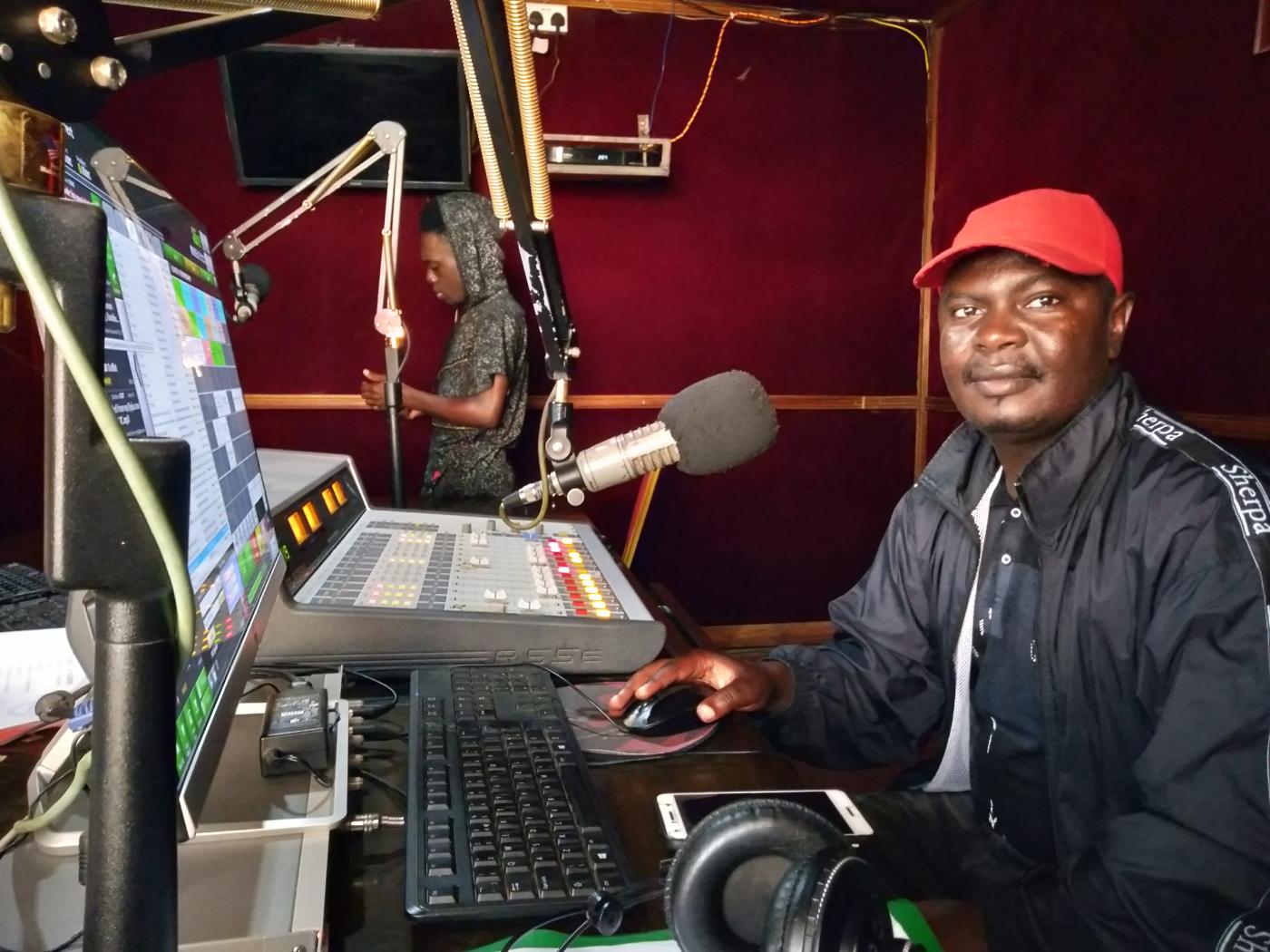
In many remote corners of Africa, where access to traditional media is limited, community radio stations are emerging as vital conduits of news and information. These stations, often operated by local volunteers and organizations, play a pivotal role in keeping communities informed, engaged, and empowered.
Empowering Rural Voices
In rural Africa, where infrastructure challenges persist and illiteracy rates can be high, radio remains one of the most accessible and effective means of communication. Community radio stations, with their localized content and languages, bridge the information gap, providing news, educational programs, health advisories, and cultural content tailored to the specific needs and interests of the community.
A Beacon of Trust
Unlike mainstream media, which may be distant and disconnected from local realities, community radio stations are deeply embedded in the fabric of their communities. Listeners trust these stations as reliable sources of information, often turning to them for updates on local events, weather forecasts, agricultural tips, and even emergency alerts during crises such as natural disasters or disease outbreaks.
Fostering Dialogue and Participation
Beyond disseminating information, community radio stations serve as platforms for dialogue and community participation. They give voice to marginalized groups, facilitate discussions on pressing issues, and promote civic engagement and social cohesion. Through interactive talk shows, call-in programs, and community forums, these stations encourage listeners to actively contribute to the public discourse, fostering a sense of ownership and belonging.
Challenges and Opportunities
Despite their significance, community radio stations in Africa face numerous challenges, including limited funding, regulatory constraints, technical capacity gaps, and vulnerability to political interference. Many operate on shoestring budgets, relying on volunteer labor and donations to stay afloat. However, the proliferation of low-cost broadcasting technologies and the increasing availability of internet connectivity offer opportunities for innovation and sustainability.
Looking Ahead
As Africa continues to urbanize and modernize, the role of community radio stations in rural areas remains indispensable. By harnessing the power of radio as a tool for education, empowerment, and social change, these stations contribute to the development and resilience of local communities. As such, supporting and investing in community media infrastructure should be a priority for governments, NGOs, and development agencies seeking to foster inclusive communication systems and strengthen grassroots democracy across the continent.
